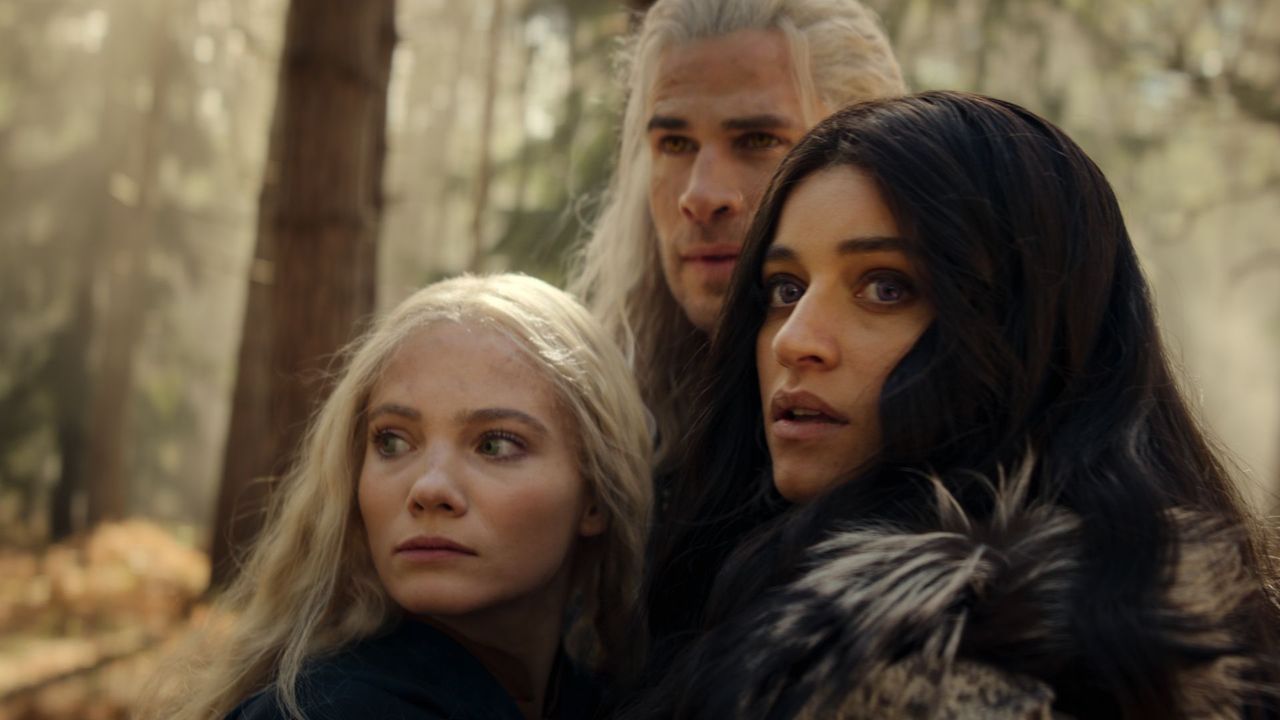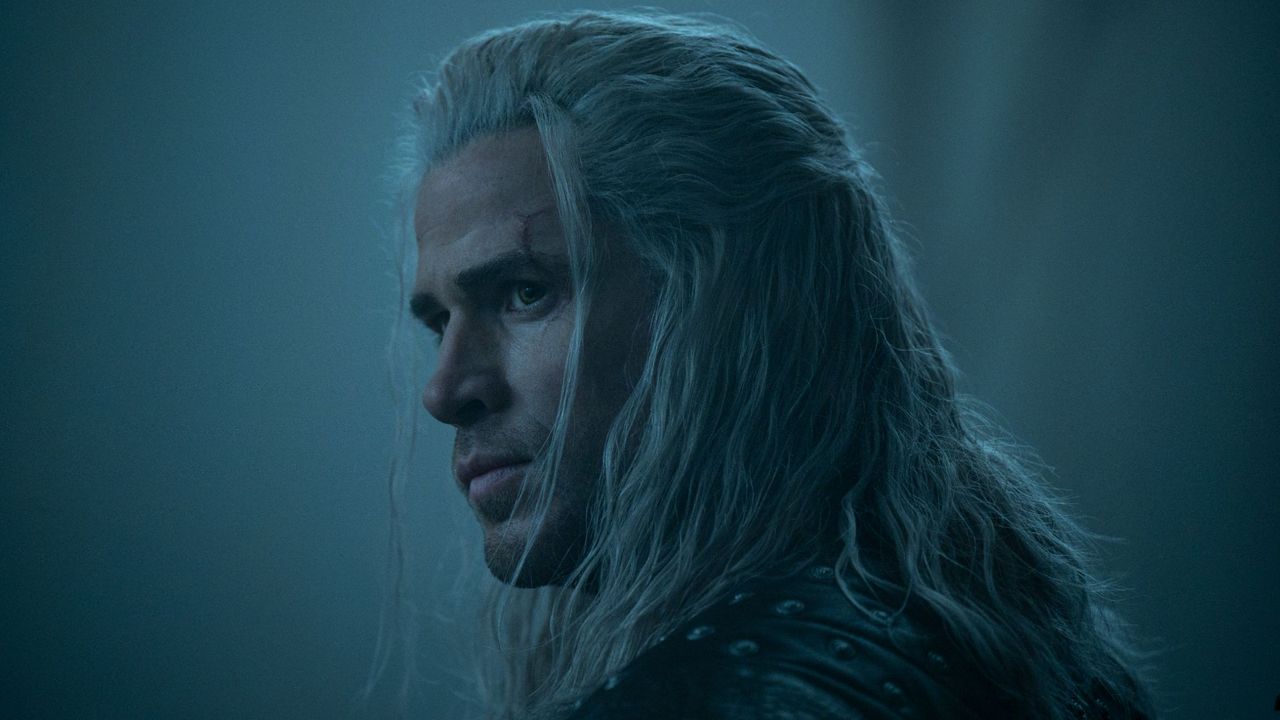The Witcher Season 5: A Final Stand Against Cancel Culture and the Dismantling of Fantasy as We Know It in the Age of Woke Ideology
As fans eagerly anticipate the release of The Witcher Season 5, the landscape of television has dramatically shifted, reflecting broader societal tensions. The Witcher, adapted from Andrzej Sapkowski’s beloved series of novels and video games, has garnered a passionate following, but it is not without its controversies. As the series progresses towards its final season, it stands at the intersection of fantasy storytelling and the ongoing cultural debates surrounding representation, identity politics, and the influence of social media on creative expression.
The Witcher has always been a rich tapestry of complex characters, moral ambiguity, and intricate world-building. Central to its narrative are themes of destiny, choice, and the human condition, all of which resonate deeply with audiences. However, the series has also faced scrutiny over its casting choices, character portrayals, and the adaptation of source material. This scrutiny reflects a larger conversation in the entertainment industry about who gets to tell stories and how those stories are shaped by contemporary values.
As viewers look forward to Season 5, speculation abounds regarding its storyline and character arcs. The previous seasons have introduced key figures such as Geralt of Rivia, Ciri, and Yennefer, each representing different facets of power and vulnerability. The final season promises to deepen these character explorations while potentially addressing the criticisms that have emerged in recent years. Will the narrative remain true to its roots, or will it bend to the pressures of modern social expectations?
One of the most contentious aspects of The Witcher has been its adaptation choices. Critics argue that the series has strayed from the source material, particularly in its portrayal of female characters and the inclusion of diverse casting. Proponents of the show argue that these changes are necessary for modern audiences, allowing for a broader representation that reflects today’s society. This divide among fans mirrors larger cultural battles over representation in media, where traditional narratives are challenged by calls for inclusivity.
Moreover, the show’s creator has faced the dual challenge of appeasing a loyal fanbase while also attracting new viewers, particularly in a climate where streaming platforms compete fiercely for attention. The Witcher’s success on Netflix has made it a flagship series, yet it also places immense pressure on the creators to deliver a final season that satisfies both camps. The balancing act of honoring the original material while innovating for a contemporary audience is a tightrope walk that many shows have struggled with in recent years.
As we delve into the implications of Season 5, it is essential to consider the broader context of fantasy storytelling. Historically, fantasy has served as a refuge, allowing audiences to escape into worlds where the rules of reality do not apply. However, as societal norms evolve, so too must the narratives we create. The Witcher, like many other franchises, must navigate this shifting terrain, where the stakes are not just about storytelling but also about representation, identity, and cultural relevance.
The anticipation for Season 5 is palpable, especially as fans speculate on the fate of beloved characters. Will Geralt’s journey culminate in a way that honors his struggles against fate and the choices he has made? How will Ciri’s character arc conclude, especially given her significance as a symbol of hope and resilience? The answers to these questions will not only define the series but also reflect the ongoing evolution of fantasy narratives in the modern era.
In addition to character development, the thematic elements of The Witcher are poised to resonate with audiences facing their own societal challenges. Themes of power, morality, and the consequences of choice are timeless, yet they take on new meanings in an age where the actions of individuals can have far-reaching implications. The Witcher has the potential to explore these themes in ways that provoke thought and inspire dialogue among its viewers.
As the release date for Season 5 draws near, the conversation surrounding The Witcher will likely intensify. Fans and critics alike will dissect every trailer, interview, and promotional material, searching for clues about the direction of the final season. The stakes are high, not just for the series itself but for the broader implications it carries within the entertainment landscape.
Ultimately, The Witcher Season 5 represents more than just the conclusion of a popular series; it embodies the ongoing struggle between creative freedom and societal expectations. As the showrunners prepare to deliver what they hope will be a satisfying conclusion, they must grapple with the realities of a divided audience, each with their own interpretations of what the series represents. The final season may very well serve as a litmus test for the future of fantasy storytelling in a world that continues to grapple with complex social issues.




